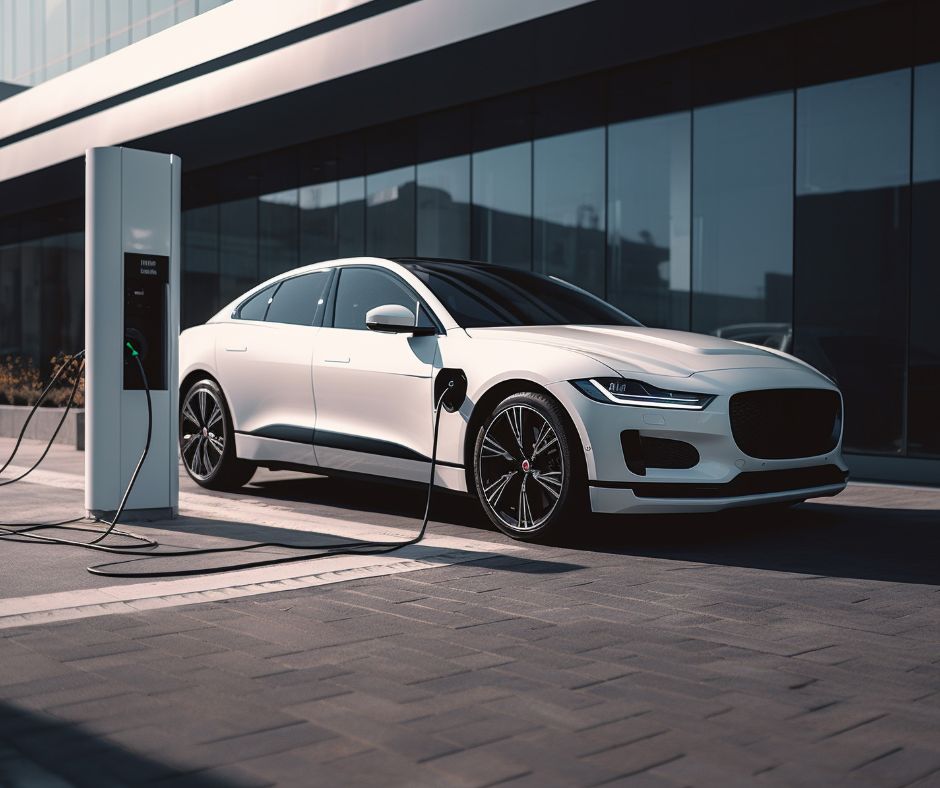CPI Love: Celebrating Passion and Progress
Explore the vibrant world of CPI and discover insights, stories, and news that ignite your passion.
Electric Cars: Hype or Future?
Discover whether electric cars are just a trend or the future of driving. Dive into the debate and find out what lies ahead!
The Truth Behind Electric Cars: Are We Ready for the Future?
The rise of electric cars has sparked a significant debate about their role in our future transportation systems. As the world grapples with climate change and seeks sustainable alternatives to fossil fuels, electric vehicles (EVs) are often hailed as the solution. Proponents argue that they reduce greenhouse gas emissions, improve air quality, and decrease dependency on oil. According to a report by the Union of Concerned Scientists, EVs have been shown to be more efficient than their gasoline counterparts. However, the production of batteries for these vehicles raises concerns about the mining of lithium and cobalt, often done in ways that can harm the environment and exploit workers.
Despite the benefits, many wonder if society is truly ready to transition to a future dominated by electric cars. The infrastructure for charging stations is still developing, especially in rural areas, which can deter potential buyers. Moreover, the question of battery disposal and recycling remains a pressing issue. As we navigate this transition, it's essential to invest in innovations that promote sustainability. For instance, recycling programs and improvements in battery technology could mitigate some environmental impacts. Ultimately, while electric cars hold promise for a greener future, a holistic approach that addresses existing challenges will be crucial for widespread adoption.

Debunking Myths: What the Hype Around Electric Cars Gets Wrong
Despite the growing popularity of electric cars, several myths continue to cloud public perception. One significant misconception is that electric vehicles (EVs) are less reliable than their gasoline counterparts. In reality, many studies, including one from Consumer Reports, have shown that EVs often have fewer moving parts, which translates to less maintenance and higher longevity. Furthermore, this myth fails to consider advancements in battery technology, allowing for longer ranges and faster charging times, making EVs more practical for everyday use.
Another commonly held belief is that owning an electric car is not environmentally friendly due to the carbon footprint of battery production. However, a report from the Carbon Brief counters this, stating that the lifetime emissions of electric vehicles are generally lower than traditional vehicles, even when factoring in battery production. This myth oversimplifies the issue by ignoring the clean energy advancements are taking place globally and the growing shift towards renewable energy sources, which further reduce the overall environmental impact of electric cars.
Electric Cars vs. Traditional Vehicles: A Comparative Future Outlook
The debate between electric cars and traditional vehicles continues to intensify as advancements in technology and increasing environmental concerns shape the future of transportation. Electric vehicles (EVs) offer numerous advantages, such as reduced emissions and lower operating costs. For instance, according to the U.S. Department of Energy, electric cars can produce significantly less CO2 over their lifetime compared to gasoline-powered cars. However, traditional vehicles still dominate the market due to their established infrastructure and longer range, appealing to consumers who may not yet be ready to transition to electric.
Looking forward, the future of electric cars appears promising, driven by widespread adoption and governmental policies promoting sustainability. Countries around the globe are setting ambitious targets to phase out traditional vehicles, with IEEE predicting that EV sales could surpass those of internal combustion engine vehicles by the late 2020s. Nevertheless, challenges remain, including battery technology advancements and charging infrastructure improvements. As both technologies evolve, the focus will increasingly be on sustainability and efficiency, ultimately determining the comparative future outlook of electric cars versus traditional vehicles.